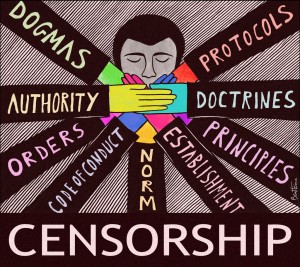
Israel's Ambassador to Spain, Rafi Shotz, this week sent a letter to the editor of the Spanish-language daily "El Mundo" requesting that he drop the upcoming publication of an interview with British Holocaust-denier David Irving.
In return, the paper printed Shotz's letter, emitting a line where the ambassador referred to the interview as "cheap, sensational propaganda." The editor also wrote a response to the letter, in which he referred to Shotz's standing on the matter as "extreme and stubborn."
Shotz writes "the unfortunate decision to interview the criminal Irving cannot be justified in the name of freedom of expression; it only reflects the lack of ethics on your part, your disregard for your readers, to the other interviewees and, obviously, to the newspaper itself."
Shotz added that the decision to print the Irving interview "puts the words of accredited historians and intellectuals at the same level as those of a falsified criminal charlatan, who received a prison sentence in Austria."
El Mundo stated that they are printing the interview with Irving because it will contribute relevant information to the public and will not incite criminal acts. The letter will be part of a special collection of articles written to mark seventy years since the outbreak of World War II. The series will also include an article by the director of Yad Vashem, Avner Shilo.
Following public criticism of the decision to print the article, El Mundo has announced that alongside Irving's article, they will print an article saying they refute all Holocaust denial.
Irving served nearly a year in Austrian prison for denying the Holocaust, a crime under Austrian law. In the late nineties he lost a libel lawsuit against a U.S. professor who published a book referring to him as a Holocaust denier.
Next week, Spanish Foreign Minister Miguel Mortinos is scheduled to visit Israel, and the El Mundo article is expected to be a matter of debate.
The controversy over the El Mundo article comes in the wake of a diplomatic storm between Israel and Sweden over an article in the Swedish tabloid "Aftonbladet" that claimed that Israel Defense Forces troops kill Palestinians in order to steal their organs.
Source: On The Contrary























